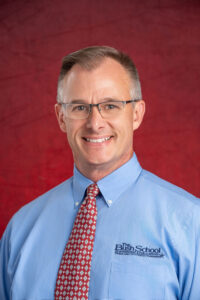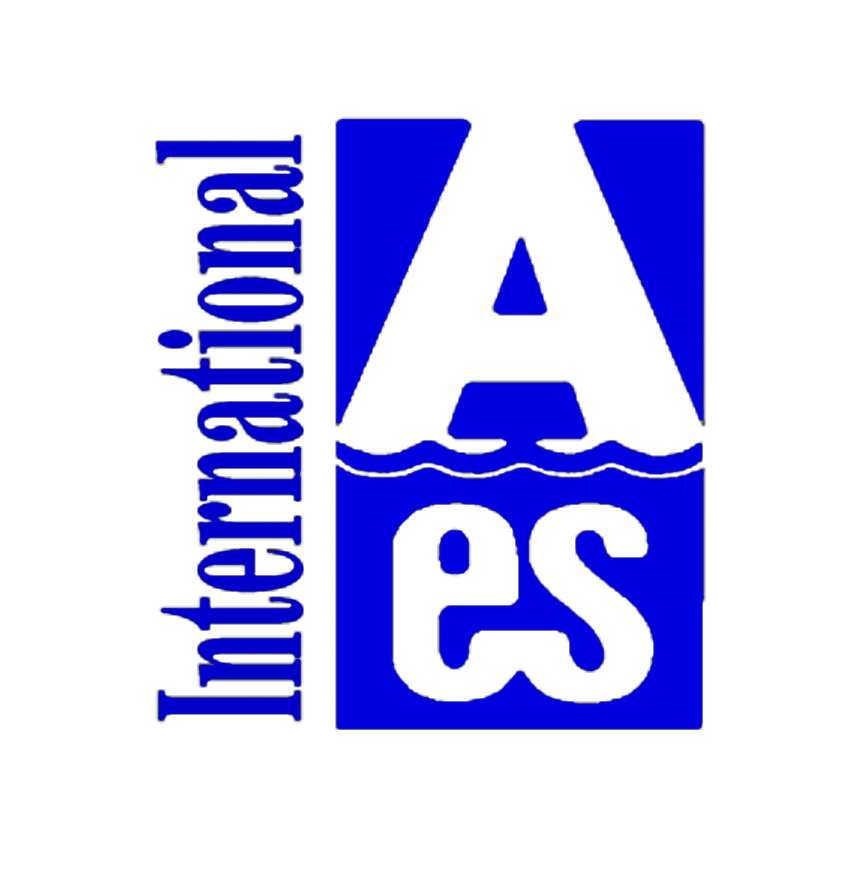Dr. Raymond Robertson

Dr. Raymond Robertson
Dr. Raymond Robertson is Professor and holder of the Helen and Roy Ryu Chair in Economics and Government in the Departments of International Affairs at the Bush School of Government and Public Service and the Director of the Mosbacher Institute for Trade, Economics, and Public Policy. He is a research fellow at the Institute for the Study of Labor in Bonn, Germany, and a senior research fellow at the Mission Foods Texas-Mexico Center. He was named a 2018 Presidential Impact Fellow by Texas A&M University.
Robertson earned a BA in political science and economics from Trinity University in San Antonio, Texas, and an MS and PhD in economics from the University of Texas at Austin. He has taught at the Maxwell School of Citizenship and Public Affairs at Syracuse University and was a Visiting Professor in the Department of Economics at the Graduate School of Administration, Monterrey Institute of Technology’s Mexico City campus.
Widely published in the field of labor economics and international economics, Robertson previously chaired the US Department of Labor’s National Advisory Committee for Labor Provisions of the US Free Trade Agreements and served on both the State Department’s Advisory Committee on International Economic Policy and the Center for Global Development’s advisory board.
If you recall, what influenced your decision to become a member of the International Atlantic Economic Society?
I recently moved from College Station, Texas to Washington D.C. to be the Academic Program Coordinator at Texas A&M’s Bush School DC teaching site. I wanted to start reaching out to my new Atlantic coast community. I’ve known about IAES forever, but this is the first time I’ve been based in the Atlantic coast.
What types of projects/research are you currently working on and what inspired/motivated you to pursue these interests?
I am focused on economic diplomacy and learning how we can shape our trade and immigration policies to advance U.S. growth and achieve mutually beneficial results at home and around the world. I am working with great teams to support women’s careers in global value chains in South Asia, improve working conditions in Central America, and help people understand the importance of North American economic integration. I have projects on the intersection of digital technologies and labor-markets in MENA countries. Now more than ever educators and educated policymakers are needed to help the public understand the importance of economics and America’s role in the world and I hope my research can help fill this need.
What advice would you give to someone who is considering entering your line of work/field of study?
Go hard places and do hard things. The study of economics is incredibly powerful but it is not an easy path. The harvest is plentiful, but policy-focused economists are relatively few.
Going forward, what other projects/research are you planning or hoping to pursue?
I would like to work with others to help reshape the U.S. vision of economic diplomacy, including a comprehensive review of trade policy, development finance, foreign investment, sanctions, and global value chains.
What’s your favorite hobby?
Trying to figure out how to bring about the technocratic revolution and, although the evidence does not seem to support the claim, I enjoy triathlon training.

